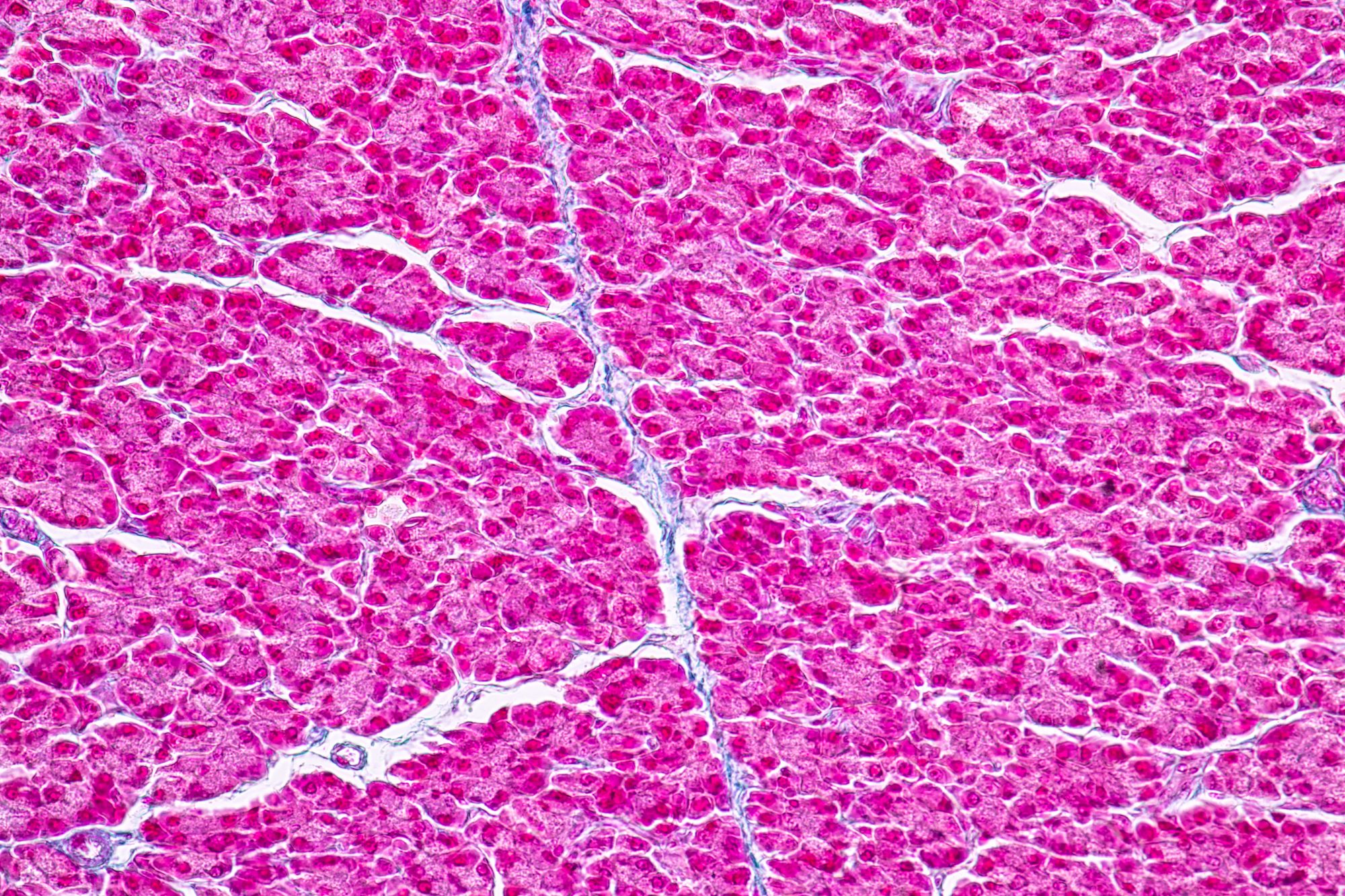Chemycal has been acquired by 3E
Learn MoreChemycal has been acquired by 3E
Learn MoreDiscover how Chemycal PRO helps you boosting your regulatory monitoring:

Chiara Frazzoli and Alberto Mantovani from Istituto Superiore di Sanità share their insights into endocrine disruptors and non-communicable diseases in Africa, in collaboration with NOODLES Alliance Network
In Africa, the burden of diseases indicates a new era of comorbidities, in regards to risk factors, as well as clinical features, from chronic multifactorial diseases to multi-diseases or “altered functionalities”. High (and uncontrolled) rates of toxic exposures are due to lack of awareness and governance and immature or non-existent legislation and infrastructures; widespread exposures change along with lifestyles, the living environment, food production and global market of consumers’ products, including dumping.
Concerning pesticides, biocides, flame retardants, food contact materials: the overall daily burden of new toxicants in the African scenario might exceed the body protective detoxification rate and the whole ability of the body to restore a functional internal environment. Global sustainable development pivots on ethics in global informal (for instance, e-waste) and formal market (for example, bisphenol A-containing baby bottles). Along with this, African proactiveness on healthier environments will stem on both increased knowledge and stronger awareness.
In growth-eager societies, risk reduction measures may meet resistance due to the short-term loss of some economic benefits, but unhealthy economic growth may trigger the onset of serious health problems later on or to the next generation. Globally, increased knowledge on long-term or transgenerational effects including endocrine disruption, calls for up-to-date, often stricter policies, with banning of several seemingly “useful” substances, for example, the recent inclusion of perfluorooctanoic acid in the Stockholm convention.
CONTINUE READING ON www.openaccessgovernment.org
2013 © MyChemicalMonitoring. ALL Rights Reserved. About Us | Terms and Conditions